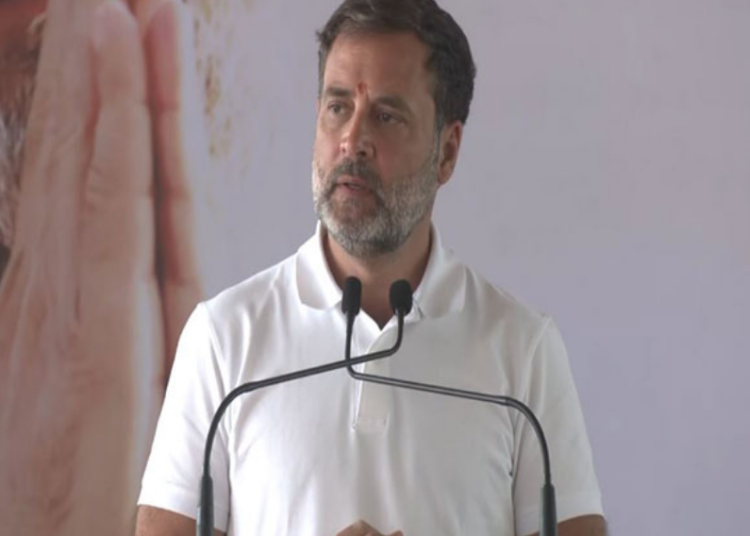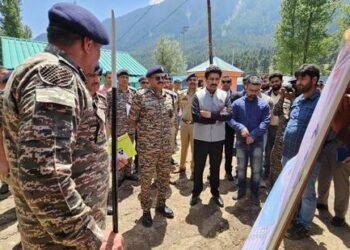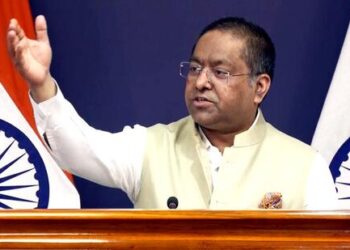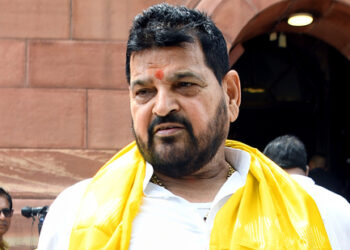Congress leader Rahul Gandhi has ignited a political firestorm with his recent remarks aimed at Prime Minister Narendra Modi’s Dwarka puja. In a seemingly mocking tone, Gandhi suggested that the Prime Minister’s underwater prayer rituals were more about political theatrics than genuine religious devotion.
Speaking at a public event, Gandhi remarked, “At times, he goes under the sea to perform puja. I don’t know what he is finding there. Maybe, he is searching for something, votes.” The comments, perceived by many as a dig at Modi’s religious practices, have elicited sharp reactions from political opponents.
Gandhi’s remarks come in the wake of Prime Minister Modi’s widely publicized underwater puja at Dwarka, Gujarat, where he participated in rituals to mark the construction of a marine aquarium. The event garnered significant media attention and drew praise from supporters, who hailed Modi’s commitment to preserving India’s cultural heritage.
However, Gandhi’s comments have injected a contentious element into the discourse surrounding the Prime Minister’s religious activities, with critics accusing him of resorting to personal attacks for political gain. The Congress leader’s remarks have reignited debates over the role of religion in Indian politics and the boundaries of political discourse.
In response to the controversy, leaders from the ruling party have condemned Gandhi’s comments, accusing him of disrespecting religious sentiments and indulging in petty politics. They have called on Gandhi to refrain from making derogatory remarks and instead focus on substantive issues facing the nation.
The latest controversy underscores the deep polarization and heightened political rhetoric that characterizes India’s political landscape. As the country braces for upcoming elections, tensions between rival parties are likely to escalate, with rhetoric and personal attacks playing an increasingly prominent role in the electoral discourse.
Rahul Gandhi’s alleged mocking of Prime Minister Modi’s Dwarka puja has sparked a heated debate over the intersection of religion and politics in India. The controversy highlights the divisive nature of political discourse and underscores the challenges of maintaining civility and respect in public dialogue.








 India
India












